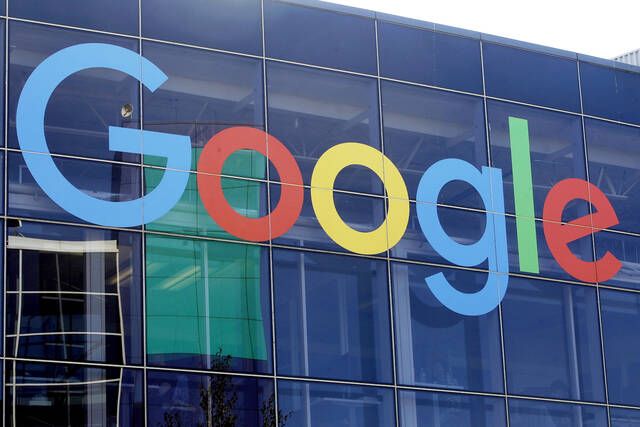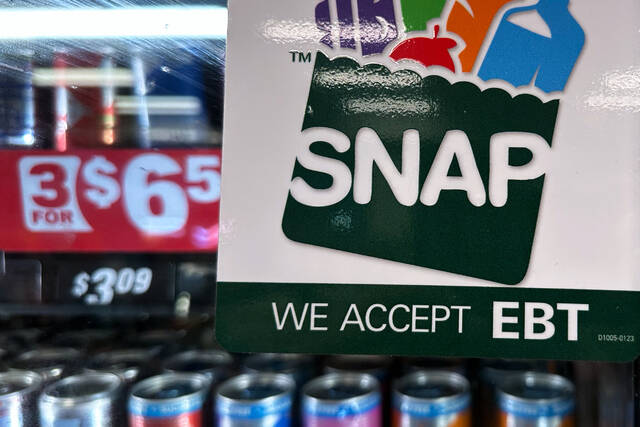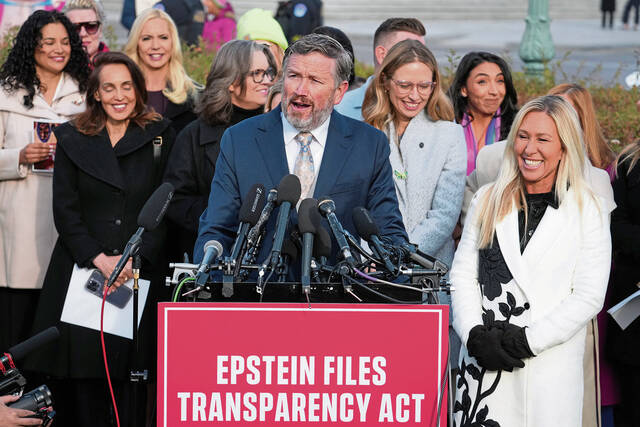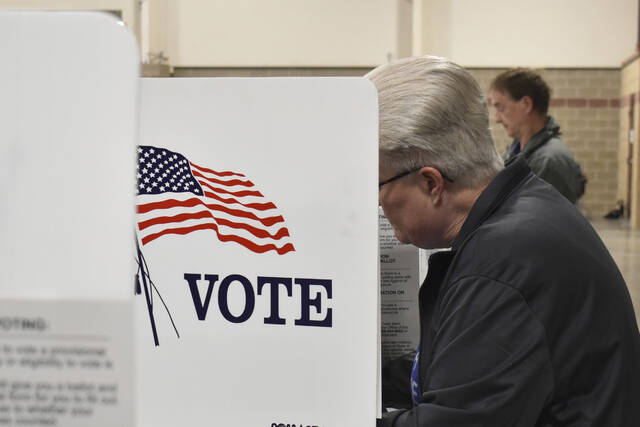This fall, after a years-long antitrust battle, a federal judge rejected the Department of Justice’s (DOJ) request that he force Google to break apart its integrated search tools. Many high-profile commentators called the decision a disappointment, but I saw it as a major win for small businesses. Let me explain.
Over the past two decades, I’ve worked with businesses ranging from local roofing companies to global software firms. Regardless of industry or size, my clients all share the same goal: They need people to be able to find their business online. My job is to identify digital strategies and tools that will help them connect with customers, grow and succeed.
Google’s integrated search tools offer small businesses affordable, highly effective marketing capabilities. If the DOJ had prevailed, those tools would have been badly damaged, hurting small businesses in Pennsylvania and beyond. Local businesses — from plumbing companies to electrical contractors — would have been hit first, and hardest. Those businesses typically have limited marketing budgets, so they often rely on Google’s free, integrated services to connect with customers.
For example, if I Google “plumber near me,” I immediately get a list of local providers, along with their phone numbers, hours and website links. That helps me, as a customer, and it’s also a powerful marketing tool for small businesses. Without it, they’d struggle to find a replacement anywhere near as effective or affordable.
Small businesses in highly competitive and specialized industries likewise rely on Google’s integrated search tools to grow their businesses, so a Google breakup would have hurt them, too. Local restaurants, for example, can pay a modest fee to show up at the top of search results, boosting website traffic, reservations and revenue. They can also create a free Google business profile, which displays helpful details like hours, reviews and location when customers search for them by name. A Google breakup would likely have splintered these tools, making it much harder for customers to find businesses that interest them.
A breakup would also have hurt small businesses that run Google’s search-based digital ads. That’s because when businesses buy those ads, they get data showing them which ones are performing well, helping them understand which search terms are relevant to customers. That allows small businesses to connect with the right audience and get the best return on their advertising investment. A reduction or loss of those data-based insights would have made small businesses’ ads far less effective and more expensive, hurting their bottom line.
Contrary to much of the commentary, keeping Google’s search business intact was a win for competition. If people couldn’t easily find local shops and services, or maps and reviews disappeared from Google business profiles, or ads no longer reached the right audiences, small businesses would have been left with few affordable marketing options. Big-box stores and chain restaurants could afford to buy pricey TV or print ads, but small businesses would have struggled to compete. Here in Pennsylvania, where small businesses make up 99.6% of all businesses in the state, that would have been devastating.
The ruling wasn’t perfect. By requiring Google to share some of its data with rivals, the decision creates new risks around consumer privacy and could discourage innovation, which could cause problems for small businesses down the line. But avoiding a breakup of Google was the right call for small businesses and the customers and communities they serve.
Moreover, as the judge noted, artificial intelligence has already begun to dramatically alter search, a change that will only accelerate in the coming years. Policymakers should let competition and innovation unfold organically, leaving small-business owners free to choose the digital tools that will best help them grow and succeed.
Jason Anthony is the owner of a Pittsburgh-based digital marketing firm.








